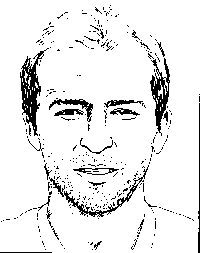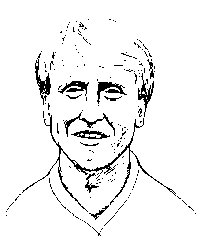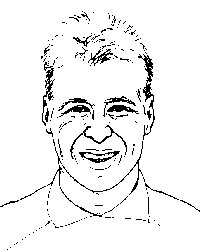| Gavin Nebbeling |
|---|
After a couple of shaky draws and a defeat at Barnsley, Palace struck a seam of form that lifted them, after seven games, to the top of the division. The most spectacular victory was in the game at Birmingham, who Palace once again beat 6-0, and perhaps the best performance came in the 4-1 defeat of West Bromwich Albion. Mark Bright was now the top scorer in Division Two, with eight goals in six games, but the most promising aspect of Palace's game was the midfield partnership of Andy Gray and Geoff Thomas, both playing with great confidence, constantly spraying the ball out wide to Redfearn and Salako and getting it forward to Wright and Bright. With Thomas running non-stop to win possession,
| Glenn Pennyfather |
|---|
More destructive was the fact that Andy Gray's opinion of his own worth had now expanded to the point where he made it known that he had outgrown Crystal Palace, and in effect invited bigger clubs to come and get him, which Aston Villa's Graham Taylor duly did. Although Coppell wanted to keep such an obviously talented player, the turmoil which Gray caused to team morale was intolerable, and Coppell was ultimately glad to get shot of him. It transpired that Jim Cannon in particular could not abide Gray's arrogance, and whether the tales of them coming to blows are true or not, it is not hard to imagine. According to some stories, George Wood was also involved in whatever was going on, and it is interesting that within six months all three players had left the club. The sale of Gray for the absurdly low fee of £150,000 left a gap in midfield that was never adequately filled, and I maintain that had the partnership of Gray and Thomas stayed intact, then Palace would have won promotion that year, although I have no doubt that Coppell did the right thing at the time. The player bought to replace Gray, for the same amount of money, was Southend's Glenn Pennyfather; a busy grafter who lacked inspiration, Pennyfather shared the position for the rest of the season with another hard working but unspectacular player, the former Yeovil part-timer Alan Pardew.
| Perry Suckling |
|---|
The most dramatic match of the season was the one at Maine Road, where Palace won 3-1 after the Manchester City goalkeeper Eric Nixon was sent off, and Mark Bright scored two goals but came away with a broken arm, which kept him out for the next six games. Bright was still injured for the next game, against his old team Leicester, but after being 3-1 up Palace threw the game away to draw 4-4; the blame was put squarely on the shoulders of George Wood, who had recently been criticised by the fans for giving away several vital goals, and who only played once more before moving to Cardiff. His final game was against Newcastle in the F.A.Cup, where Palace were knocked out by a goal from the latest Geordie sensation Paul Gascoigne, despite controlling most of the game. Gascoigne had not yet become a demi-god, and was still mortal flesh, although plenty of it.
With Wood ruthlessly dropped from the team, Coppell went out and spent £100,000 on Perry Suckling, Manchester City's reserve keeper, who immediately reduced the number of goals conceded, keeping Palace on the edge of the promotion race until the very last game of the season. They also qualified for a half-baked tournament at Wembley to mark the League's centenary, and although they were knocked out on penalties by Sheffield Wednesday it at least gave the players probably the only chance of playing at Wembley that they would ever get.
>Palace approached the last few games with the final play-off place still in their sights; after beating Blackburn 2-0, with Perry Suckling saving a penalty from Steve Archibald, and losing 1-0 at Leeds, they knew exactly what was needed from the final game at home to Manchester City.
| David Burke |
|---|



